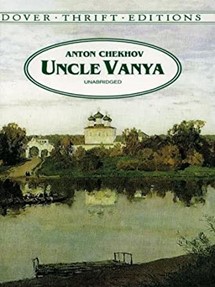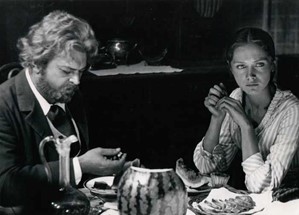These days, our world is standing on the precipice of time, but as we wait for the prospect of a different tomorrow, I cannot help but feel the culmination of togetherness has grown exponentially stronger. Not just in the sense of a neighborly or familial acquaintance, but also to those hundreds upon thousands of miles away across the great masses of water. Internationally.
Be that as it may, current circumstances have rendered us limited in our approach to setting off on the grandiose globetrotting expedition of a lifetime. One must do with what one has and to do so the simplest and most cost-effective manner is through the works of literature by authors both prolific and those obscured by the essence of giants. It has come to my attention though, that I have little to no books containing the works of critically acclaimed authors from other countries. Unless dust covered books (all of them taking place in my respective country of residence) assigned during my high school career or engineering textbooks can provide a narrative from a country I have never visited, then it is my intention to bi-weekly read and review a newly bought book from authors who composed their work from their native homeland.
This week I read selected short stories by Anton Chekhov, a Russian playwright famous for his unique writing style and his rejection of passé ‘underlying themes’ people seem to be so fixated on.
I have selected three of his short stories portraying the Russian lifestyle in the past, but it can be argued that their message rings true in this era. Take for example the short story, At Home, an excerpt of a hard-working lawyer who also faces the upwardly battle of fatherhood. His son, having his smoking habit been recently discovered and brought to the father’s attention by a groundskeeper, is merely a child not much younger than a pre-teen – at least based on the characters diction and formalities. A boisterous plot element for sure, but one to get some amusement from the reader. To rid his son of the habit, the lawyer takes a logical approach and warns him of the dangers if he is to continue the trend. This plan ultimately backfires, and it is only through a recklessly improvised story filled with mythical fairy tale tropes that he gets his message across. Most interesting is the means in which Chekhov concludes the story. Rather than leaving his audience to piece together and devise their own interpretation, Chekhov tells plainly that the message was, “truth must not be presented in their raw state but always in a mixture, sugar-coated and gilded, like pills?” This leaves the audience in a state of quandary, something Chekhov always strived to do, to reflect and find awe in the comparison to their own lives. How often enough do we find ourselves or those around us following a similar predicament? Softening the harsh blow of the truth with garnishes of sweetened details and the exclusion of information.
Another literary example resonating with Chekhov’s unique writing style lies within the four-page work titled Overseasoned. Simply put, a surveyor in need of a stagecoach settles for one who can drive him overnight at its earliest convenience. Along the way, the surveyor’s unwillingness to trust of the stagecoach driver intends to get the better of him through use of idle threats and loaded questions. This ends up working too well when the driver bolts away from the carriage after the surveyor tells him of a concealed firearm (when there really isn’t). The story ends with the driver returning once the surveyor reveals his mater plan, and that’s where it ends. At first, I found it so strange to end on such an unsavory note without sticking to the generalized format of storytelling and it seemed nothing more than a lack of passion for writing. Upon further investigation, Chekhov habitually novelized the concept of a pseudo-climax where imminent conflict is a guarantee, but later deescalates into the resolution in a matter one to three sentence(s). Regardless of how far this style of storytelling was from the contemporary formula we know; the denizens of Russia shared a certain fondness for it and its deviation from other authors such as Dostoevsky and Turgenev. One other fascinating tidbit was that Chekhov always included the mentioning of a firearm to symbolize the fast approaching “climax”, and since most of these stories are playwrights, one can only imagine what creativity was poured into giving life to his traditions.
Finally, I promised the discussion of THREE stories, but this last one I hope for you to take the time and read for yourself. I will not discuss its overall synopsis in this post as I have hopes you will follow along with me and delve into stories beyond the boundaries of where you live.
This last feature is one of Chekhov’s most recognized works and once you finish reading it you have the option of enjoying its film adaptation.
Here are the third book’s details:
Title: Uncle Vanya
Edition: Dover Thrift
Recommended Film Adaptation: 1970


The library also provides access to a few play performances of Chekhov’s works through Kanopy. If you can’t get a hold of the film adaptation I’ve recommended, try Rimas Tuminas’ reimagining of Chekhov’s tale through Moscow’s Vakhtangov Theater. Also, don’t forget to consider watching a few other play story continuations and adaptations like The Seagull, The Three Sisters, and The Black Monk, all available through Kanopy.
Remember, these times may seem like we are farther away more than ever but rest assured that we are still together in so many more ways. Stay safe and healthy.


